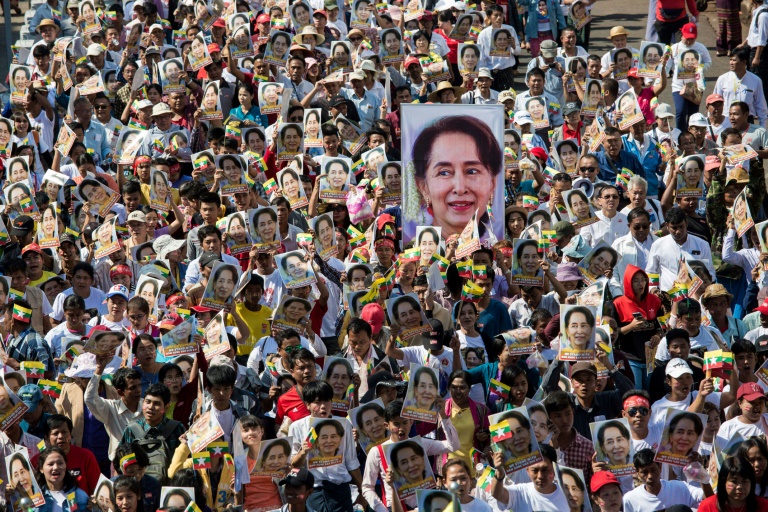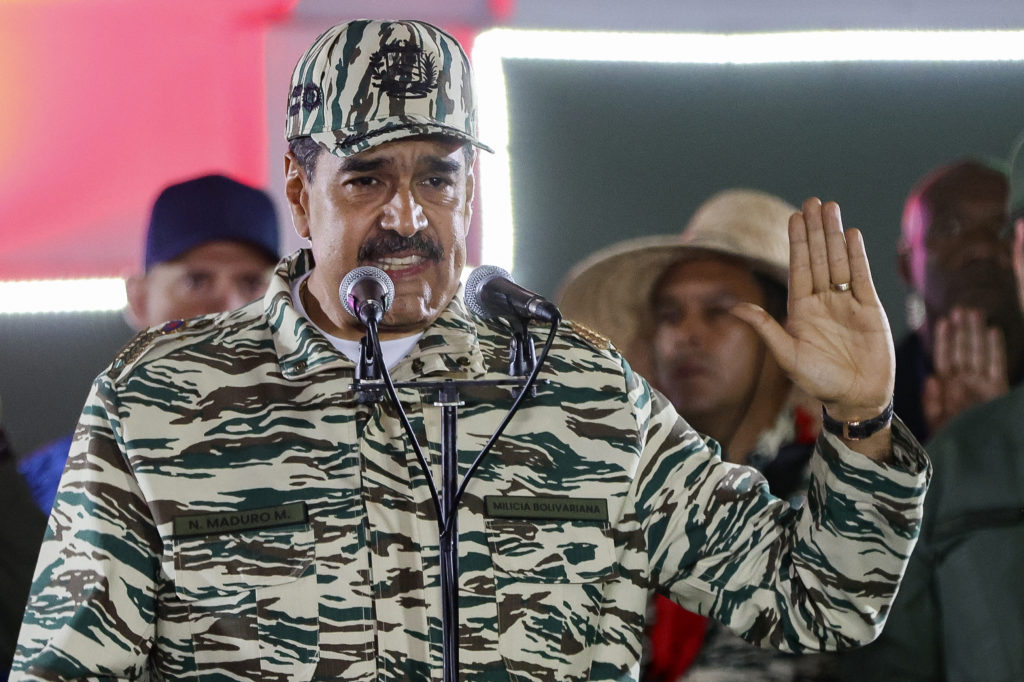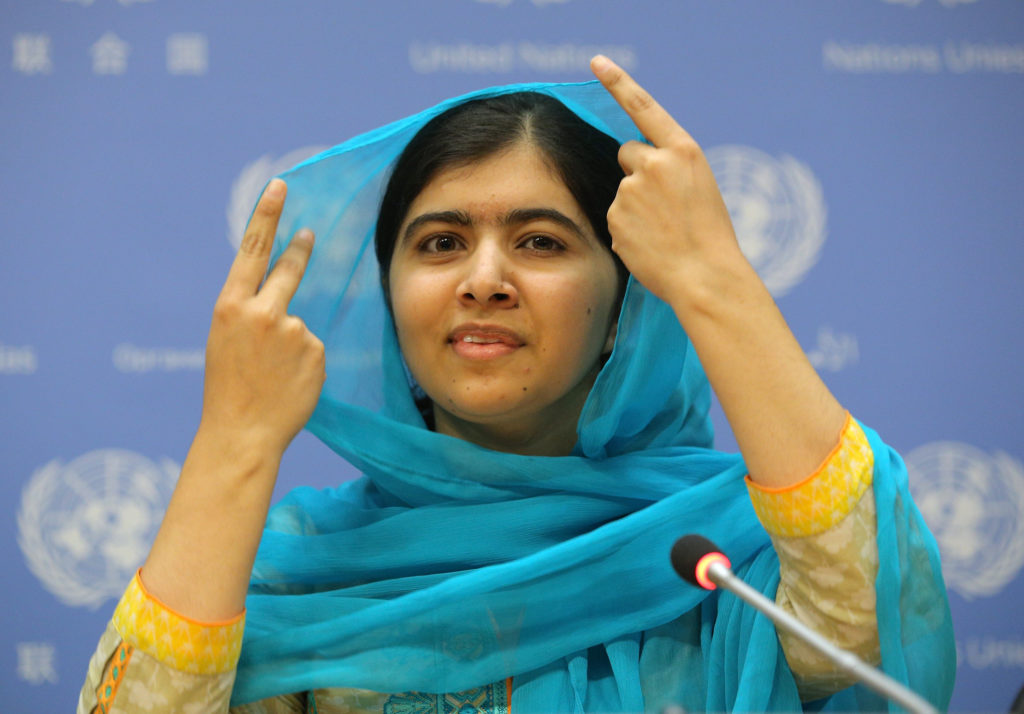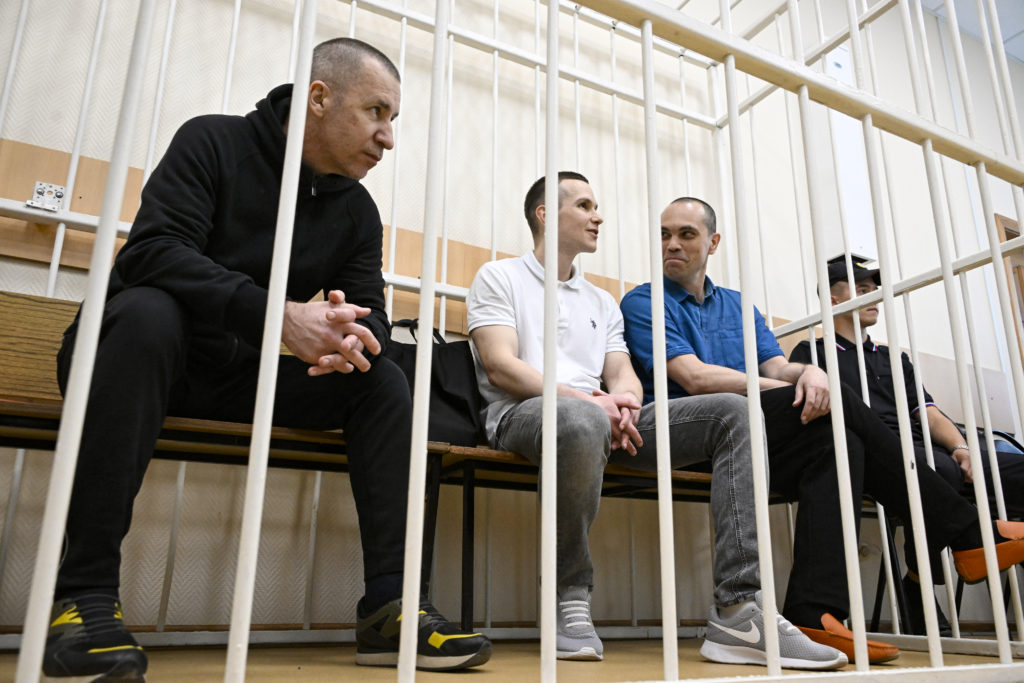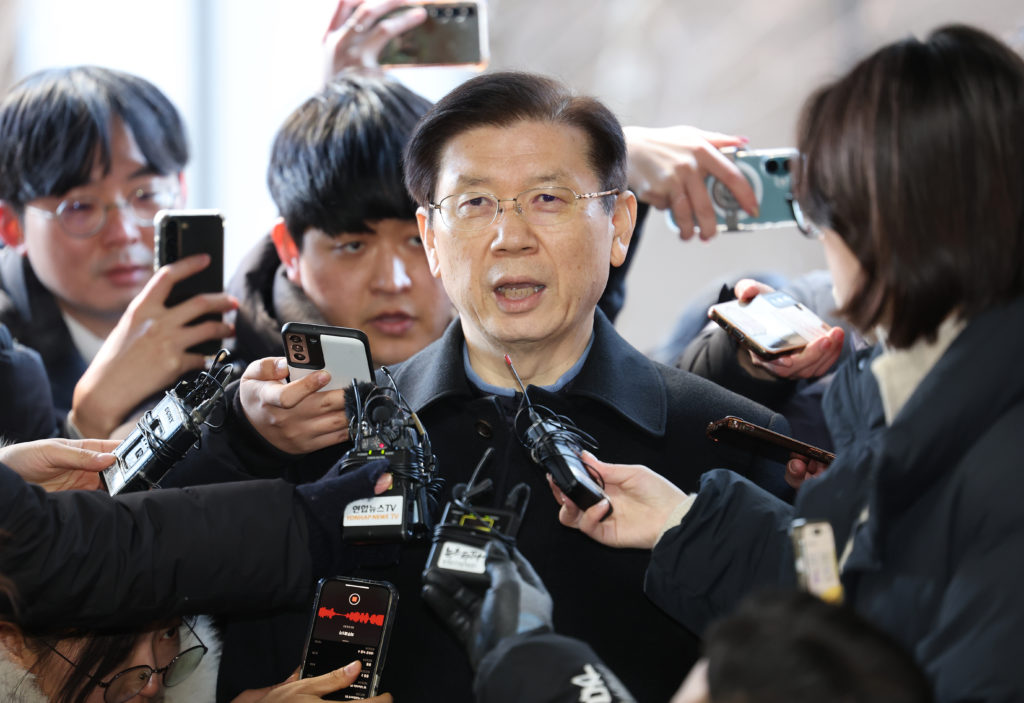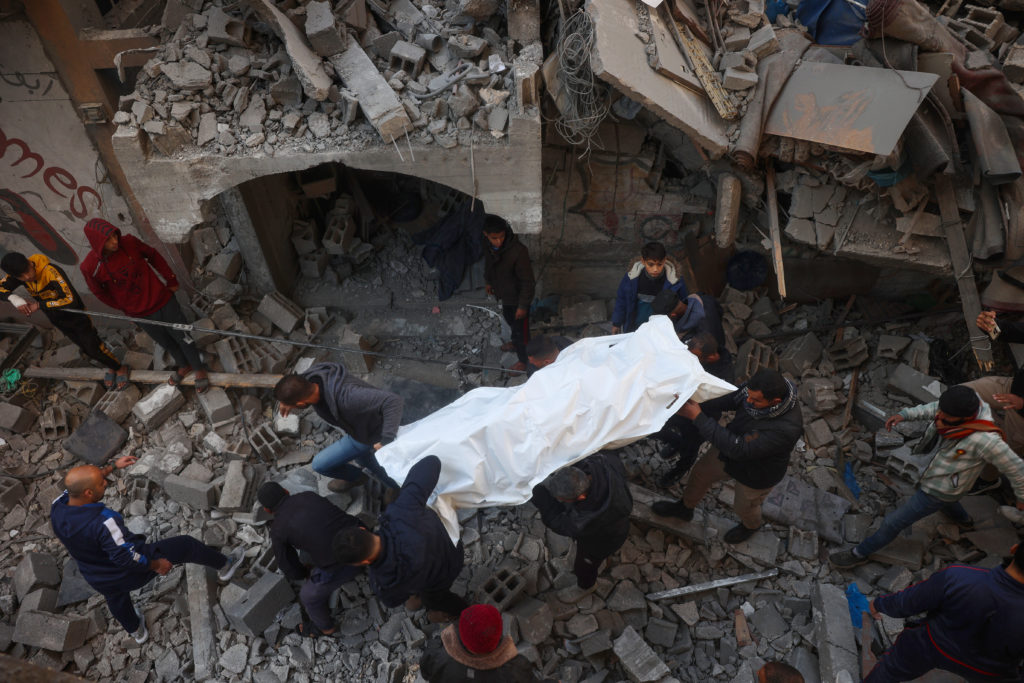Myanmar’s military hopes jailing Aung San Suu Kyi will be the “closing chapter” for its longtime nemesis and her party, but resistance to junta rule has already moved out from under her shadow, analysts say.
Massive protests and a bloody crackdown on dissent followed Suu Kyi’s detention in the early hours of the February 1 putsch that ended the Southeast Asian country’s democratic interlude.
While the junta has since brought a catalogue of charges against the 76-year-old Nobel laureate, and slapped her with a first sentence on Monday of two years in jail for incitement against the military and breaching coronavirus rules, pro-democracy demonstrators are moving beyond the movement she led decades ago.
Many protesters believe the current struggle must permanently root out military dominance of the country’s politics and economy.
But for the junta, crushing Suu Kyi and the National League for Democracy (NLD) party she founded is seen as an end to a major source of anti-military resistance.
“These are the soft charges which the regime could have spared her, but chose not to,” said independent analyst Soe Myint Aung of Monday’s ruling, which drew swift international condemnation.
“The military seems to have doubled down on its highly oppressive approach” towards Suu Kyi the NLD, he added.
She faces a raft of other indictments in the closed-door junta court, including multiple charges of corruption — each carrying a possible sentence of 15 years in prison.
The next verdict is expected on December 14 on another charge that she breached coronavirus rules during 2020 elections won by the NLD, according to a source familiar with the case.
In recent weeks, junta-appointed judges have sentenced other senior members of the NLD to long periods in jail.
A former chief minister was sentenced to 75 years in prison, while a close Suu Kyi aide and NLD speaker received 20 for treason.
“This period seems like the closing chapter, totally sidelining Suu Kyi and rupturing the party for good,” independent analyst David Mathieson told AFP.
– New force –
Suu Kyi remains hugely popular in Myanmar, even if her international image has been tainted by her previous power-sharing deal with the generals and failure to speak up for the persecuted Rohingya minority.
After Monday’s verdict, residents in Yangon banged pots and pans — a practice traditionally associated with driving out evil spirits but which has been used since February to voice defiance.
Flash mob rallies and adoption of the three-finger pro-democracy salute have become prominent symbols since the coup, showing younger activists share more in common with contemporaries in Hong Kong and Thailand than the elderly veterans of their own country’s political struggles.
Analysts also say hundreds have trekked to rebel-held areas for combat training or joined “people’s defence forces” to fight back against the military — shunning Suu Kyi’s core principle of non-violence.
A shadow government dominated by ousted lawmakers from Suu Kyi’s party has sought to fan the flames, declaring a “people’s defensive war” against the junta.
The months of bloodshed have left a shrinking space for the kind of compromise between the NLD and the military that characterised Suu Kyi’s government, even as the junta says it wants to hold fresh polls.
“Being involved in any future elections will likely be dangerous… former NLD members will be branded as turncoats and could be targeted by the resistance,” Mathieson said.
It is more likely the party will continue to exist as a vehicle working to overturn the putsch, he added, but will be made up of disparate elements working to mobilise civil and armed resistance against the generals.
In seeking to remove Suu Kyi and the NLD from the field, the State Administration Council — as the junta calls itself — may have opened up space for a new unknown, he added.
“Perhaps the SAC have created a political force of a different stripe that could prove even more determined than Suu Kyi to end military rule?” Mathieson said.

